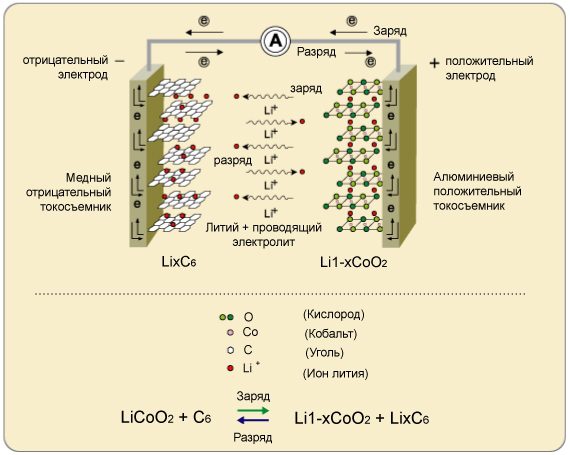
Potential Hazards of Lithium-Ion Batteries
While all electric vehicle manufacturers rely on the efficiency of a lithium-ion battery, a CNRS researcher discusses the potential fire hazard inherent in this power source.
Lithium Ion Batteries: Powerful, but Potentially Hazardous
Since 2006, there has been a lot of controversy over the safety of lithium-ion batteries, the power source most used in electric vehicles. Michelle Armand, an electrochemistry expert at CNRS, resumed this debate on June 29 in an article published in Le Monde. The dangers mentioned by this researcher could shake the fast-growing world of electric vehicles ...
According to Mr. Michel Arman, every component of lithium-ion batteries can easily catch fire if they are subjected to electric shock, electrical overload, or improper assembly. This start of fire could then ignite all of the battery cells. Thus, the occupants of the vehicle will inhale hydrogen fluoride, a deadly gas released when the chemical components of cells are on fire.
Manufacturers want to soothe
Renault was the first to respond to this warning by confirming that the battery health of its models is constantly monitored by the on-board electronic system. In this way, the diamond brand continues its argument. According to tests carried out on his vehicles, the vapors given off by the cells in the event of a fire remain below the permitted standards.
Despite these responses, a CNRS researcher recommends using lithium iron phosphate batteries, a safer technology that is almost as effective as lithium-ion manganese batteries. The new feed is already under development in the CEA laboratories and is already widely used in China.
source: l'expansion

